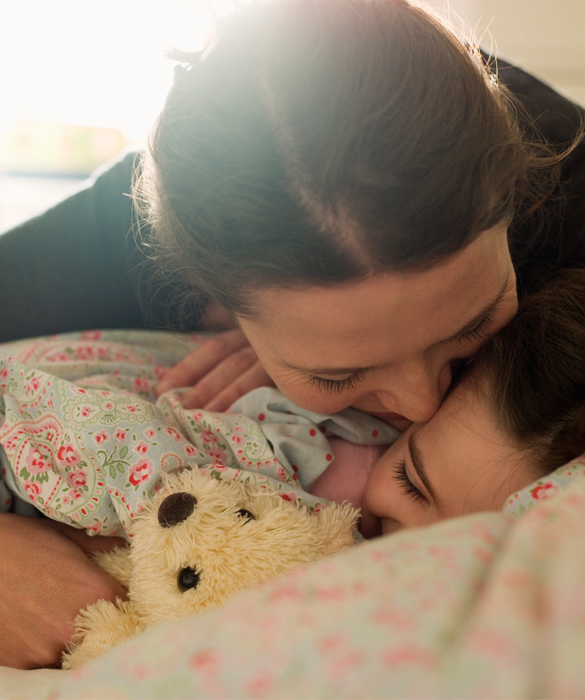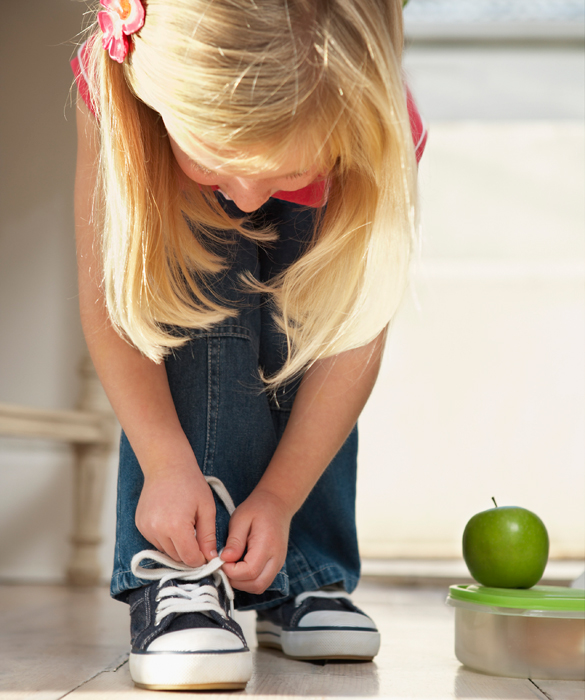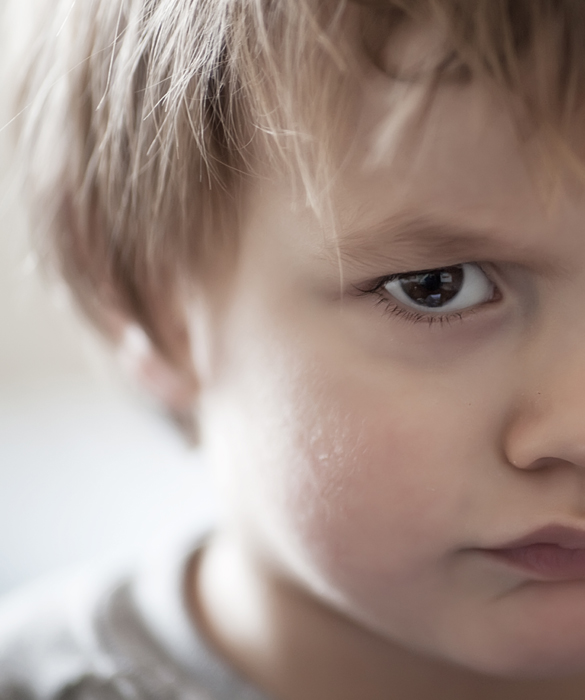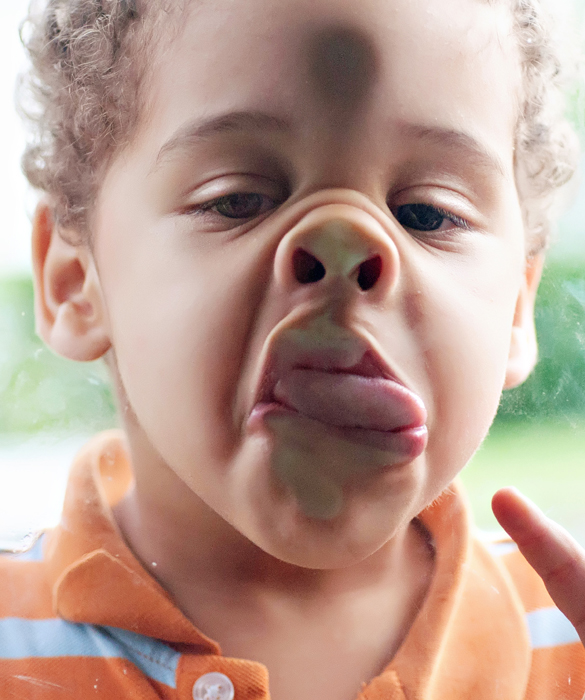Parenting 'Truths'

There are certain “truths” about parenting that we act on without ever really examining them. Maybe we’ve heard them from someone else, or maybe we’ve just fallen into them over time. Either way, they spell trouble for our understanding of and relationship with our kids.
Here are some so-called “truths” about parenting that, when we really think about them, simply aren’t true.
It's All up to Me

Parents often believe that they are solely responsible for their child's success and skill building. Of course parents have a huge influence, but some of the behaviors you can't get her to change with months and months of nagging will disappear in one moment if her peer says something about it. Do your best, but know that other teachers, other kids and other relationships will influence how your child turns out as well.
If I Mess up, I'll Mess up My Kids

Parents worry that when we yell or lose our tempers a bit, or when we’re not patient, we’re harming our kids. But as long as we apologize and make things right afterward, small ruptures are valuable experiences that teach kids important lessons about how to handle things when conflict arises. Abuse is obviously different, but little mistakes with our kids can teach valuable lessons as part of an overall loving relationship.
Child Development Is Linear

Parents often think that kids grow and develop along a straight line that leads from less mature and capable to more mature and capable. Actually, development usually happens in spurts, with plenty of steps backward along the way. Just when they learn to tie their shoes, you may see them regress in some other emotional or fine-motor skill. Be patient. Development will happen. It’s just that you can’t expect it to be consistent and predictable.
Kids Choose When They Behave

By the time a child is 4 or 5, he knows the rules for the most part. For example, when he’s mad, he’s not supposed to hit or call someone “Fart-face Jones.” But he keeps doing it. And we think, “Why in the world would he do that?” The fact is that he does know the rule, but his immature brain prevents him from remaining in control, emotionally, so he’s at least temporarily unable to make good decisions. So it’s not fair for us to expect him to make good decisions all the time. Sometimes he’s actually incapable of behaving the way he should. This means we should be talking to him about his thoughts and feelings that led to the behavior, and not just the behavior itself.
It's Now or Never

Avoid fear-based parenting. Just because she’s acting a certain way now doesn’t mean you have to worry that she’ll act that way forever. Resist the temptation to think, If I don't nip this in the bud right this second, my child will become an ax murderer. You’ll have plenty of opportunities to address behaviors and build skills every week of your child's life. So relax a little.
RELATED: How to Empower Your Child
Consistency Is the Key to Good Discipline

Actually, this isn’t a misconception, but it needs to be reframed. Consistent love and clear expectations are the key to good discipline. But too often, consistency gets confused with rigidity. Yes, children need to know the rules and see you enforce them in a predictable manner, but as you do so, be sure to consider the context of a situation, such as the child’s age and capability, the time of day, whether someone’s hungry and so on.
I Shouldn't Negotiate With My Child

It doesn’t make you weak to listen to your child’s point of view. You can still maintain your authority while remaining flexible and open-minded, so reward your child if he's able to make a good argument. If you’re in the right on a position, hold your ground. But if your child can convince you that he’s right, then how much sense does it make to insist that he’s wrong?
You Can Be a Parent or a Friend

The problem here is the either/or dichotomy. Yes, you need to be an authority figure for your kids. They need that in order to understand how the world works and to feel less chaotic in their lives. But that doesn’t mean that you two can’t also share all the elements of a strong friendship—like sharing your lives, laughing and celebrating together, and knowing you’ve got each other’s back.
RELATED: When Moms Lose Their Cool
When We Discipline, We Need to Explain a Lot

I know that sometimes my kids want to scream, “Please stop talking!” Especially when they’re in trouble and already understand what they’ve done wrong. Discipline will be much more effective if we simply address the behavior, along with the child’s state of mind that led to the behavior, then move on. Too much talking quickly becomes counterproductive.
MORE: Celeb Kid Quiz




